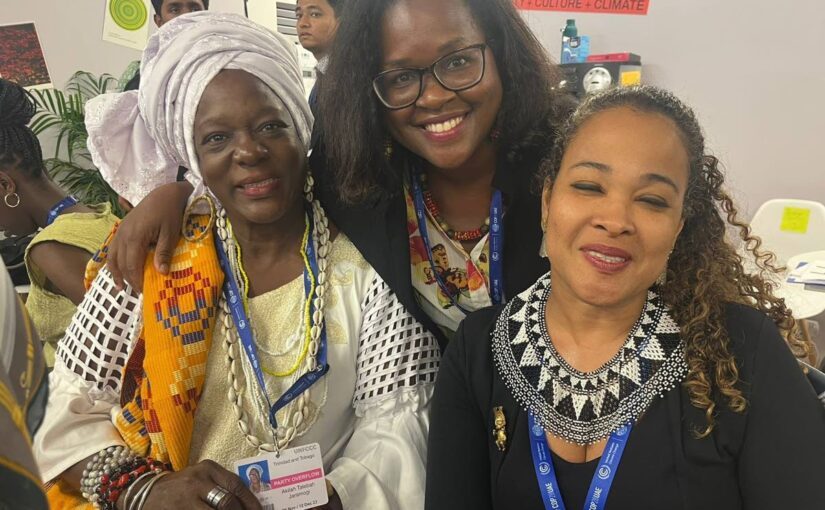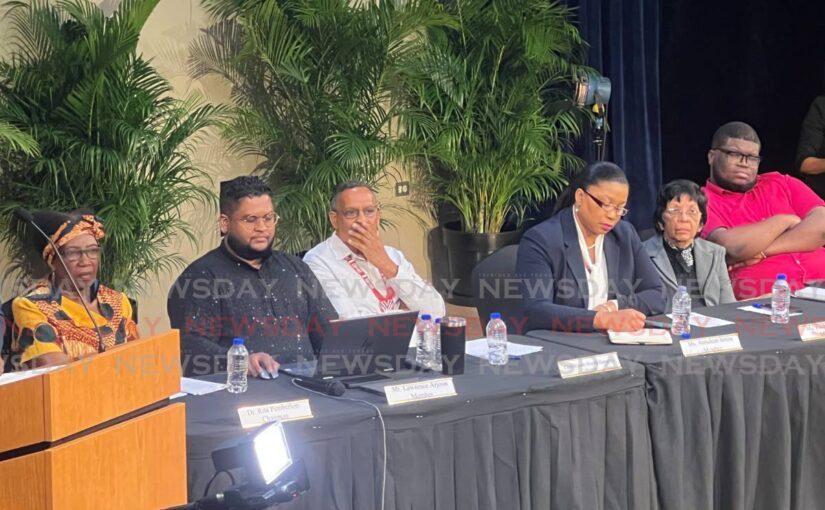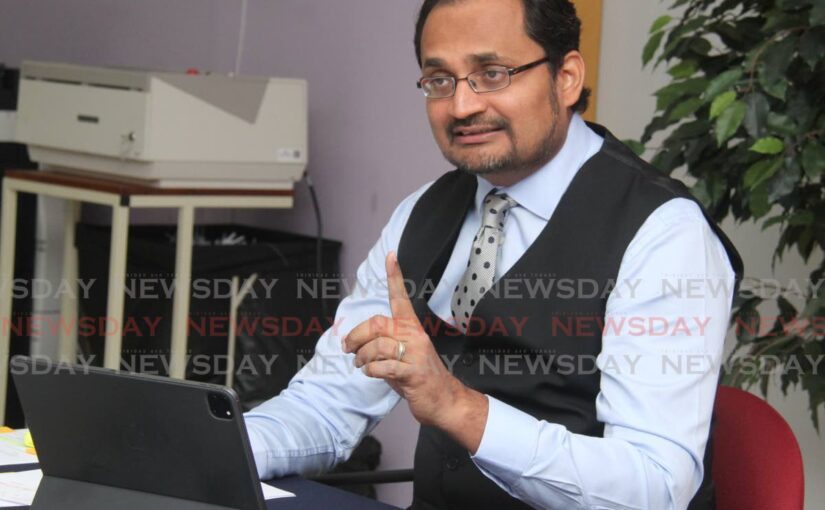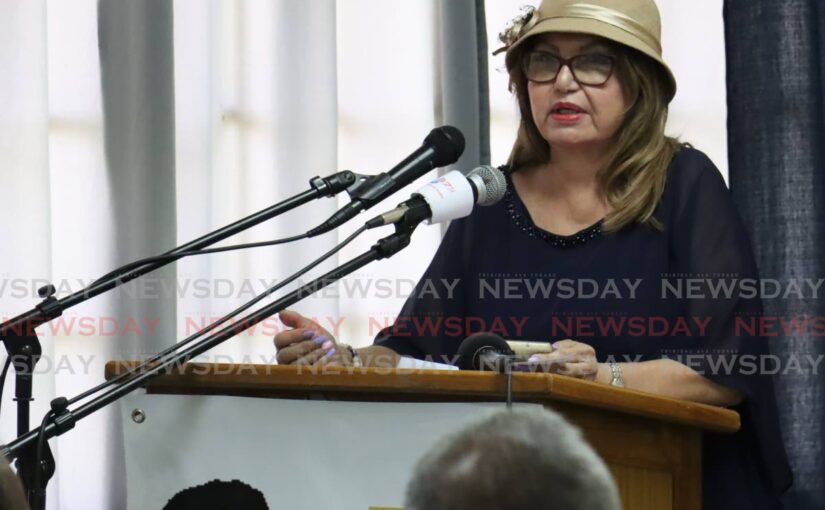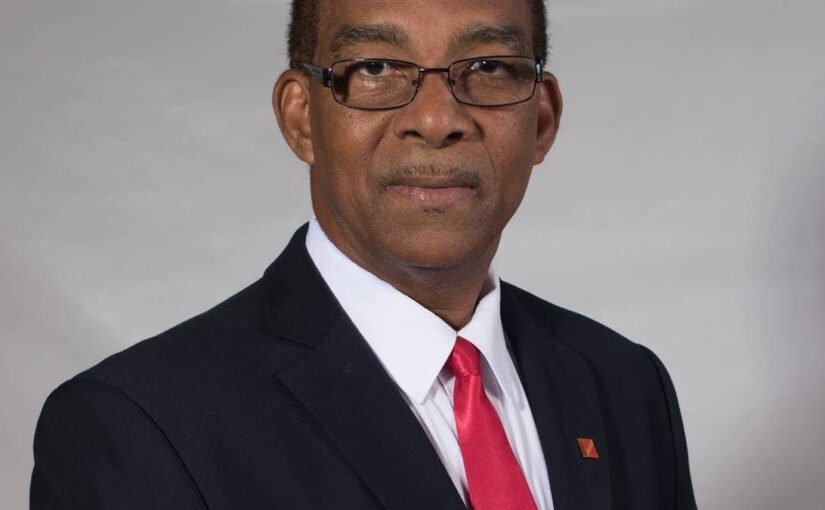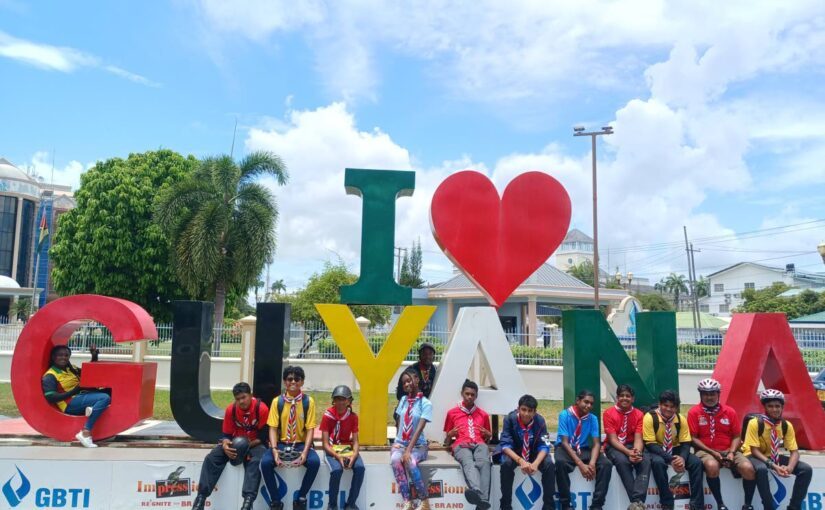Well put Nyoni -"Paying back the war debt "! Not counting our white abusers, how many of our people left our new " liberated"...
Vous n'êtes pas connecté
- English
- Français
- عربي
- Español
- Deutsch
- Português
- русский язык
- Català
- Italiano
- Nederlands, Vlaams
- Norsk
- فارسی
- বাংলা
- اردو
- Azərbaycan dili
- Bahasa Indonesia
- Հայերեն
- Ελληνικά
- Bosanski jezik
- українська мова
- Íslenska
- Türkmen, Түркмен
- Türkçe
- Shqip
- Eesti keel
- magyar
- Қазақ тілі
- Kalaallisut ; kalaallit oqaasii
- Lietuvių kalba
- Latviešu valoda
- македонски јазик
- Монгол
- Bahasa Melayu ; بهاس ملايو
- ဗမာစာ
- Slovenščina
- тоҷикӣ ; toğikī ; تاجیکی
- ไทย
- O'zbek ; Ўзбек ; أۇزبېك
- Tiếng Việt
- ភាសាខ្មែរ
- རྫོང་ཁ
- Soomaaliga ; af Soomaali
Rubriques :
 Maroc - NEWSDAY.CO.TT - A la Une - 04/Aug 04:36
Maroc - NEWSDAY.CO.TT - A la Une - 04/Aug 04:36
Trinidad’s Merikin pioneers of freedom
THE MERIKINS were already free men, women and children when they arrived at their new home in south Trinidad over two centuries ago. But the original Merikins and their descendants today are among the central figures in African Emancipation Day celebrations. Akilah Jaramogi, a descendant of the original settlers, explained the intrinsic connection between Merikins – a group of formerly enslaved people from the US – and Emancipation Day, a national holiday commemorating the emancipation of enslaved people under the British Empire in 1834. “Being free blacks, running away from plantations, burning down plantations, hiding in the swamps and on the shoreline – we’ve been resisting colonisers,” Jaramogi, a founding member and CEO of the Merikin Heritage Foundation told Newsday. “And it’s a testimony to tell of the resilience, strength, and power of the Merikin people.” The Merikin Heritage Foundation was established in 2010. Jaramogi first served as president, and is the current CEO. The foundation has hosted several events this year, including sporting activities and field trips for children to educate them on the Merikins’ contributions to national development. The original Merikins were represented by hundreds of their descendants and community supporters at the Emancipation Day parade in Port of Spain on August 1. Jaramogi said the foundation put itself out on the national stage for the first time in years. “I think this is a really special moment and event that we’re looking forward to,” she told Newsday ahead of the parade. “It’s very, very important to celebrate Merikins around this time, because Merikins emancipated ourselves way before 1838.” (That year marked the end of apprenticeship, the years when formerly enslaved people still had to work on the estates for their former “owners.”) “A lot of our people are emancipated around the world, but when it comes to the power, the liberty and mental freedom – I don’t think (enough) of them out there are at that level yet. “It’s a good example to share that Merikin people have emancipated themselves way before that period when the colonisers (proclaimed) Emancipation. Jaramogi is a descendant of the Merikins through her maternal grandparents, Arnold Elliot and Eugenia McLeod. She estimated there are about 200,000 Merikin descendants alive today. Some of TT’s most prominent names have Merikin roots. Some of the country’s most prominent names are also Merikins. They include Hazel Manning, formerly Kinsale, widow of former PM Patrick Manning, and calypsonian and former politician Winston “Gypsy” Peters. Merikin names include, Kinsale, Mitchell, Gibson, Cole, Floyd, Cooper, Ayers, Hamilton, Foreman, Smith, Weston, Blackwell, Huggins, Jackson, Dickson, Bailey, Andrews, Braxton, Richardson, Fortune, Paul, Woods, Thompson, McNish, Saunders, Ransom and many others. Today, some are concentrated in communities such as New Grant, Indian Walk, Company Villages, Hard Bargain, Fifth Company and Sixth Company “Right now, the Merikins are all over Trinidad,” Jaramogi said. The Merikins, also known as the American Settlers, comprised black soldiers who fought for the British during the War of 1812, and their families, who settled in Trinidad. The men escaped from American plantations and joined the British forces in exchange for the promise of freedom. They were initially stationed in Bermuda, the British offered them a choice to join the British West India Regiment or settle as free men in a British colony. They declined military service and settled in Trinidad and Halifax, Nova Scotia in Canada. Trinidad’s governor Sir Ralph Woodford took instructions from Lord Bathurst, secretary for war and the colonies, to grant the soldiers 16 acres each of land in south Trinidad. The first settlers arrived in May and July 1815. They were initially accommodated in Laventille and Caroni, owing to a failure by the colony to prepare the designated land for them in time for their arrival. By November 1815, the third group of settlers was accommodated in the Naparima district, where land had been cleared for their settlement. The fourth group, comprising disbanded soldiers of the Third Battalion of the Colonial Marines, arrived in August 1816 and joined the others in Naparima. They formed communities known as the Company villages, named after the companies of the Colonial Marines to which the settlers belonged, from First to Sixth Company. Among them were 574 former soldiers and 200 women and children, mostly from Virginia and Georgia, and others who were freed or escaped American slavery. These settlers, primarily from the Third Battalion of the Colonial Marines, were supervised by Robert Mitchell and established thriving agricultural communities, growing crops like corn, sweet potatoes and rice (a species now known locally as Moruga hill rice). They also worked on nearby sugar estates, specialised in trades, and started businesses. The settlers received temporary accommodation, clothing, tools, and agricultural tools. For the first six-eight months, they were provided with daily food rations until they could subsist on their own crops. Over time, many descendants entered the oil industry. Religion played a crucial role for the early Merikins, allowing them to cope with the challenges of resettlement and the legacy of slavery, and church leaders were particularly respected. Among the most prominent legacies of the Merikins was its contribution to the founding and spreading of the Spiritual Baptist (less commonly known as Shouter Baptist) denomination indigenous to Trinidad. The Merikins preserved their community identity and African heritage by establishing their own schools and Baptist churches. Though not all Merikins and their ancestors were or are Baptists, spirituality remains a primary component of their activities. Jaramogi explained, “We would have a form of spirituality exising in us, each and every living human being. It’s a (matter of) how much you want to tap into and find yourself. “The Merikins, because of our struggles, because of our resilient way of living and our radical ways of living, even the US, where we (rebelled), killed ‘massa’ and freed ourselves, living in the forests and caring for our family and so on, that kind of resistance and militant ways never changed. “We’re tapped into spirituality to save ourselves and to keep the legacy alive because this holds onto our Orisha and Yoruba ways of living. “Some of us find ourselves in the forest to appease the deities. “So we held onto spirituality, both the Baptists and the Orisha spiritual ways. Also...we had some of our Yoruba people who settled in Trinidad in 1807, before us, and we met them in Third and Fifth Company.” Merikin Arrival Day is celebrated on August 20 annually. Another Merikin organisation – Merikin Incorporation – continues to host an annual Merikin Walk and will hold a candlelight procession this year. The post Trinidad’s Merikin pioneers of freedom appeared first on Trinidad and Tobago Newsday.
Articles similaires
Tensions flare at consultation as public calls for removal of colonial monuments
Though the majority of people attending a public consultation on Wednesday agreed colonial relics in public spaces should be removed, tensions flared...
Speech by the President of Ukraine at the opening of the Memorial to the Victims of the Genocide of the Crimean Tatar People
Dear Ukrainians,Dear Crimean Tatar people,Honorable participants of the fourth summit of the International Crimea Platform, our distinguished...
Independence and duty
THE EDITOR: Speaking to a youth rally on the eve of independence in 1962, the first prime minister focused on the responsibility that comes with...
Activist: Don’t blame Venezuelans for Trinidad and Tobago’s crime problem
VENEZUELAN social activist Yesenia Gonzalez said it was unfair of the authorities to try to blame Venezuelan migrants for rampant criminality in...
A statue for Daaga
TERRENCE HONORÉ AS WE seek to remove some of the ruinous remnants of our colonial past, we must be careful not to lose track of the realities that...
Trinidad and Tobago Scouts move camp to Guyana
This year, for the first time, the Scout Association of Trinidad and Tobago moved its annual national camp out of the country, taking 21 scouts to...
An Insider View On How Kurds See Israel And Palestine – OpEd
By Halmat Palani There is no conflict in the Middle East, or arguably in the world, that divides people more than the Israel–Palestine conflict....
Ukraine is not asking for anything more than what your country or any other country already has – speech by the Zelenskyy at the 50th Ambrosetti International Forum
Good evening, Italy! And thank you for supporting our country and our people. We appreciate every step in support of Ukraine – every action and...
Ukraine is not asking for anything more than what your country or any other country already has – speech by the Zelenskyy at the 50th Ambrosetti International Forum
Good evening, Italy! And thank you for supporting our country and our people. We appreciate every step in support of Ukraine – every action and...
Les derniers communiqués
-
Aucun élément
